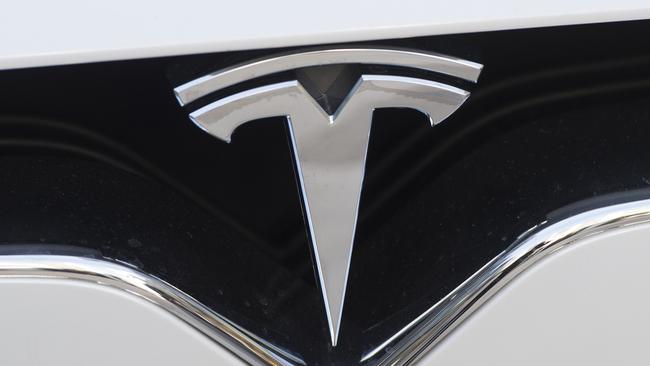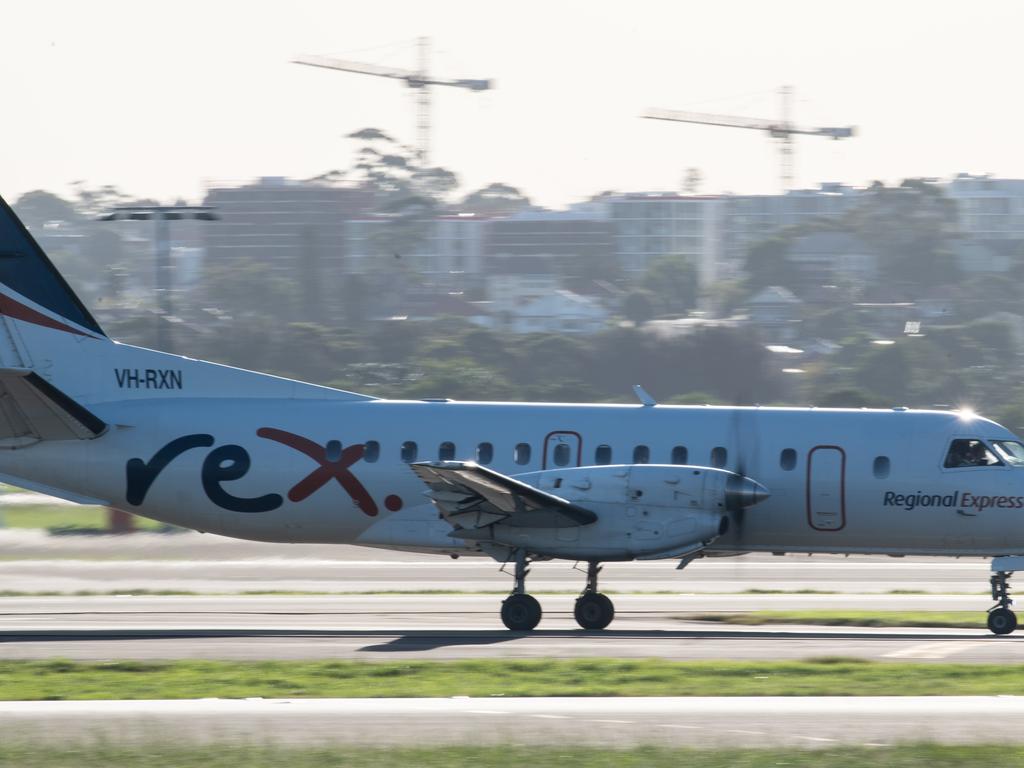Tesla sets off battery boost
Tesla’s ability to sprinkle stardust on Australia’s battery metals sector is alive and kicking.

Tesla is, by some distance, the most popular overseas stock among Australian sharemarket investors: the diversified EV group is traded three times more heavily than its nearest rival Apple.
In fact, according to CommSec, Tesla takes up 16 per cent of all offshore trades by Australian retail investors, while Apple follows at 5 per cent of all trades.
No wonder then that the merest sliver of connection to Tesla causes a whirlwind of share activity. In June a rumour that Tesla was seeking out lithium hopeful Novonix sent the stock soaring, only for the company to endure a 50 per cent drop in recent weeks when no deal came to pass.
Earlier this year the entire locally-listed listed battery metals sector — which covers cobalt, graphite and lithium — looked like it was utterly out of fashion. However, by mid-year Canadian broker Canaccord was calling the bottom of the cycle.
Certainly, the lithium scene has pulses racing again after Piedmont this week told the ASX it received an “executed version” of a lithium supply agreement with Tesla.
In classic fashion for this highly speculative sector the announcement was “inadvertently released” on Piedmont’s website, which led to an ASX query. In any event it now looks like the five-year supply deal is in the bag.
Significantly, the deal has aroused not just local interest but wider interest on Wall Street because though Piedmont is an ASX small cap — or at least it had been before the Tesla announcement — it has a separate US listing on the NASDAQ capital market. Along with the US market presence, the company also has its minesite in North Carolina.
As Barron’s reported this week: “Piedmont’s US-listed American depositary receipts closed up 236 per cent after the announcement: more than 48 million shares changed hands. There are only about 12 million shares outstanding.”
The company market valuation instantly moved to $430m on the announcement. By midweek the valuation had dropped to $348m but the rollercoaster is unlikely to disturb anyone who went into the stock even a month ago, when it was worth 7c — against around 30c at the close of Wednesday’s trade.
Musk, who has a range of links with Australia — including the Hornsdale lithium-ion battery in South Australia — recently explained that lithium supply was key to the group’s future. He told Tesla’s much-hyped Battery Technology day earlier this month: “We’re not getting into the [battery] cell business just for the hell of it ... It’s because it’s the fundamental constraint. It’s the thing that is the limiting factor for rapid growth.”
As the Piedmont deal sent a flutter of excitement though both Australian and US lithium sectors, Tesla announced plans to invest in its own lithium extraction at the Battery Day event. Tesla has a market value of about $US390bn ($548bn), making it the world’s most valuable car maker.
Moreover, though investors might catch a breath at any mining hopeful that lifts by more than 200 per cent in a week, keep in mind that Tesla itself is up 760 per cent since this time last year.







Tesla’s ability to sprinkle stardust on Australia’s battery metals sector is alive and kicking, with ASX small cap Piedmont literally rocketing in price over the past few days following a deal with Elon Musk’s electric car group.